 By Ha Thi Hai, bizconsult Law Firm
By Ha Thi Hai, bizconsult Law Firm
From 2015, the import of used machineries and technological lines is subject to the Circular 23/2015/TT-BKHCN, which contains some inadequate points causing difficulties in import of used machineries, technological lines, especially those of more than 10 years old in fact. The provision that import of used machineries and technological lines for an investment project must be approved by the investment registrar authority was totally unreasonable and in fact unenforceable, which caused difficulties not only for import companies but also investment authorities. Meanwhile, the Circular required import companies to obtain approvals from the Ministry of Science and Technology, but was silent on the specific procedure to do so, resulting in import companies’ confusion and inactivity.
Repairing the shortcomings of Circular 23, the Prime Minister issued the new Decision 18/2019/QD-TTg to provide for a better legal framework for import of used machineries and technological lines, which helps in the restriction of trash imports into Vietnam. In principle, like most other countries in the world, it is prohibited to import into Vietnam any used machinery, equipment or technological lines that have been discarded as announced by exporting countries due to their obsolescence or low quality, causing environmental pollution; or failure to satisfy safety, energy saving or environmental protection requirements. In Vietnam, only the import of used machinery, equipment and technological lines meant to directly serve the manufacturing of enterprises in Vietnam is allowed. Used machineries and technological lines must be manufactured in accordance with National Technical Regulations (QCVN) on safety, energy saving, and environmental protection. In case of unavailability of National Technical Regulations (QCVN) for a machinery or technological line to be imported, it must be manufactured in conformity with technical indicators of Vietnam’s Standards (TCVN) or Standards of G7 countries or Korea with regard to safety, energy saving and environmental protection.
Regarding used machineries and equipment, the Decision retains the general rule that used machineries and equipment are only qualified for import if their ages do not exceed 10 years. However, the Decision loosens the maximum age for some specific machinery in the areas of mechanics (machine tools for working metals and other types of materials), wood production and processing, and paper and paper pulp production to 15 or 20 years. Machineries over the provided maximum age are subject to import approval from the Ministry of Science and Technology, which shall only be granted if remaining capacity or performance achieves 85 percent or above of the machinery/equipment’s design capacity or performance, and amount of raw materials or energy consumed does not exceed 15 percent of its design consumption level.
Unlike the previous Circular 23 which provided the same conditions for used machineries/equipment and technological lines, the Decision 18/2019/QD-TTg requires more conditions for technological lines than machineries and equipment. Technological lines are not subject to the condition on maximum age, and must satisfy the condition on remaining capacity and material and energy consumption level as mentioned above. Furthermore, technologies of the technological line to be imported must not be prohibited or restricted from transferring, and being applied by at least three manufacturers of member countries of Organisation for Economic Cooperation and Development (OECD). Used technological lines are not subject to import approval from the Ministry of Science and Technology.
To be imported into Vietnam, used machineries, equipment, technological lines must obtain an Assessment Certificate from a licensed assessment company to assess their satisfaction with provided conditions by laws. The assessment certificate issued by the assessment company is required by the new Decision to conclude many more contents than previously, such as assessment method and procedure, name-number of standard QCVN, TCVN or G7, Korea about safety, energy saving and environmental protection, conclusion on satisfaction to each condition provided by laws.
Therefore, in fact, the assessment procedures by the assessment companies will be much more complicated and lengthy as the assessment companies shall have to prove the applicable standard and assessment method. This is not such an easy job as before as now the assessment company must determine the applicable standards, then choose the assessment method suitable to such machines and prove the assessment method and applicable standards. It may take some days for assessment on some big and old machines. Especially, assessment of a used technological line must be conducted at the exporting country while the technological line is operating. Practically, importers are advised generally to conduct the assessment on used machineries and equipment at the exporting country as well because if the assessment is conducted on arrival in Vietnam and any condition may be concluded to be unsatisfied after the assessment, the importer shall be applied with heavy fines and the machineries shall be deported, which is not only costly but also badly affects the importer’s reputation in Vietnam.

Hanoi:
T: (84) 0) 24 3933 2129
F: (84) 0) 24 3933 2130
E: info-hn@bizconsult.vn
Ho Chi Minh:
T: (84) 0 28 3910 6559
F: (84) 0 28 3910 6560
E: info-hcm@bizconsult.vn
M: (84) 98 513 6613
E: haiht@bizconsult.vn


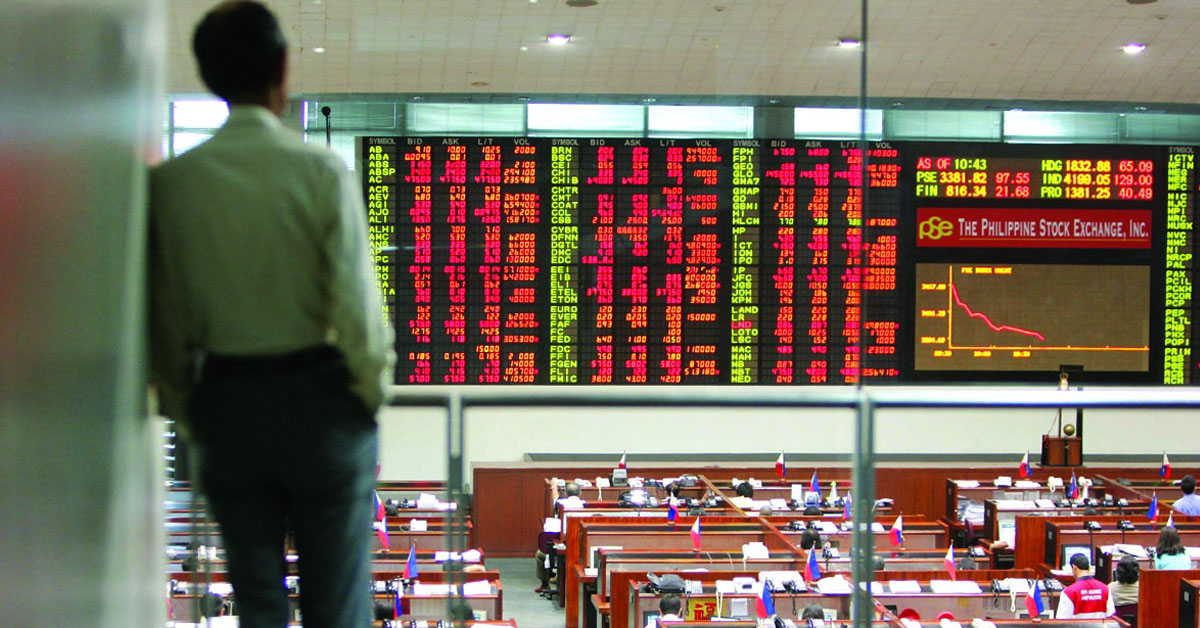



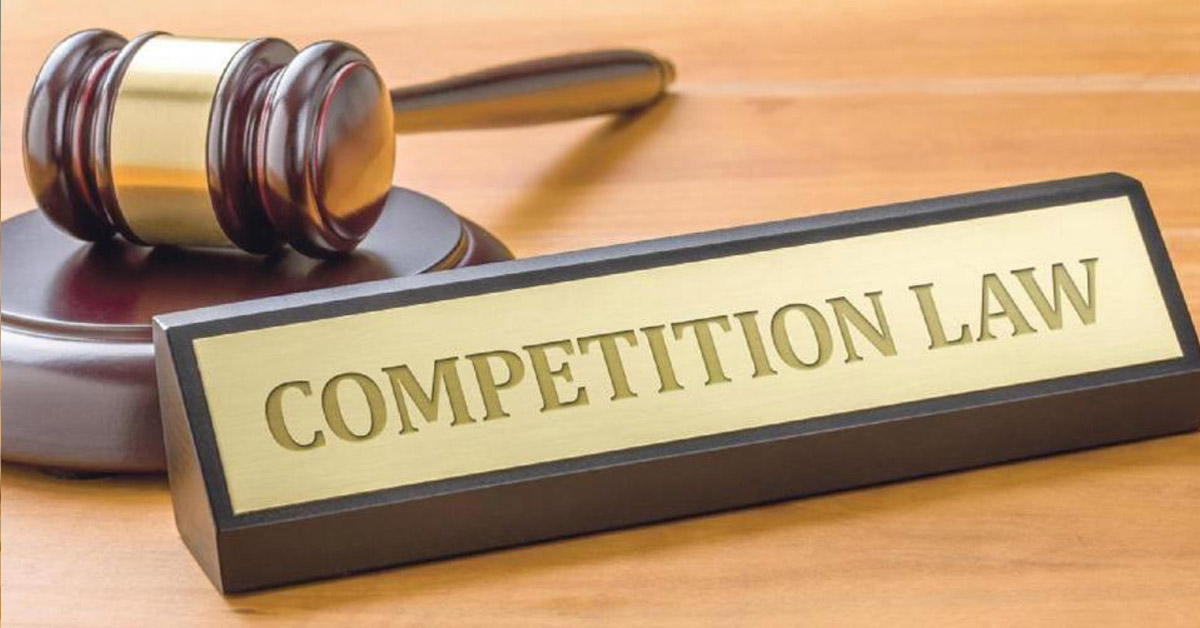



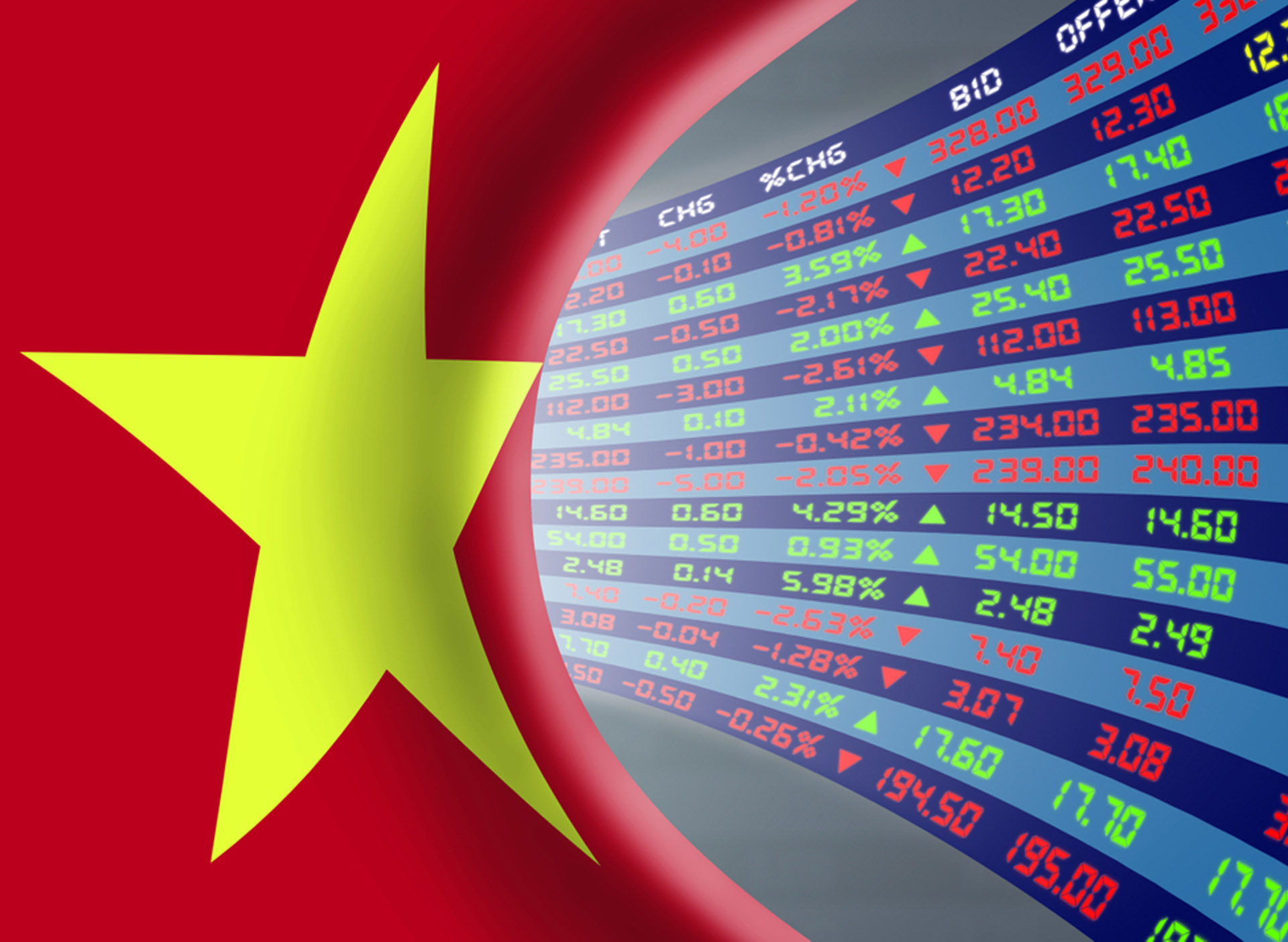





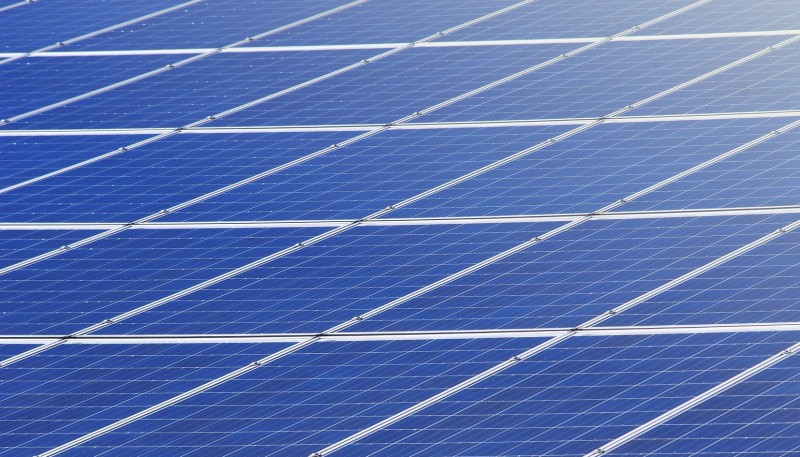



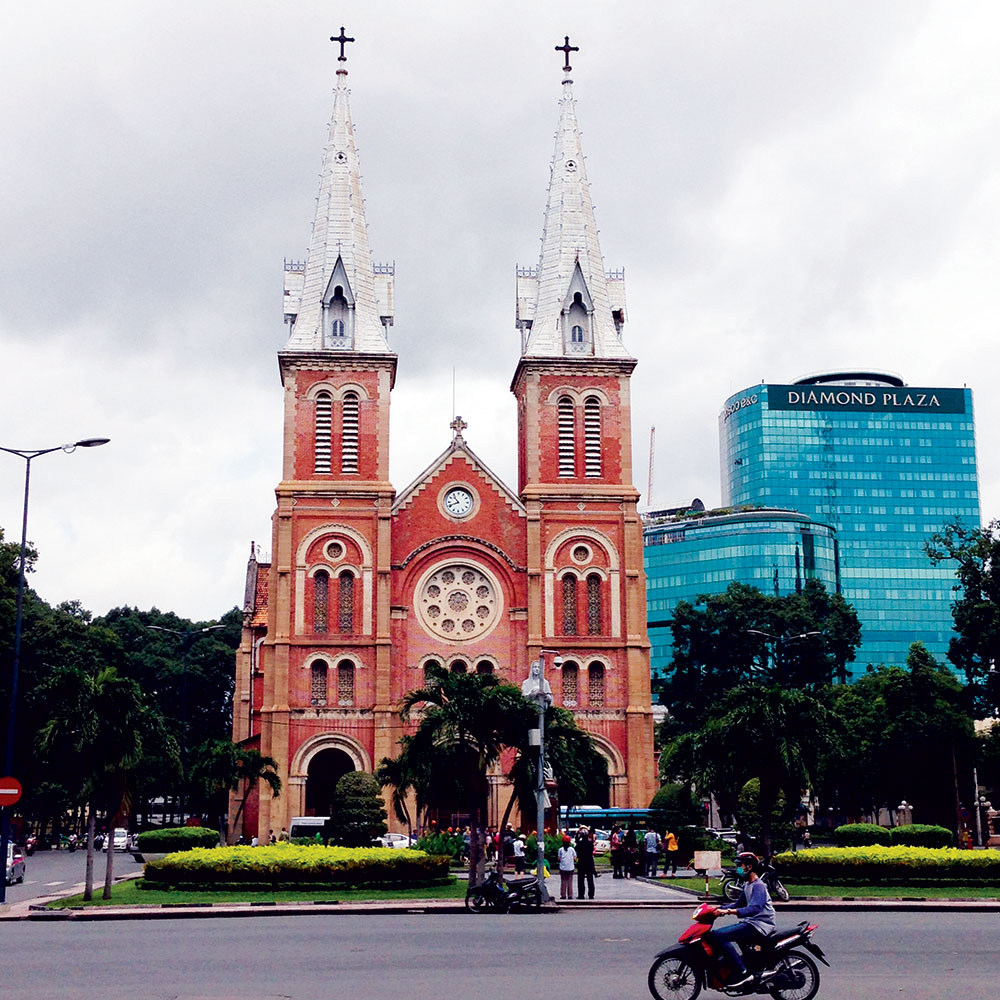
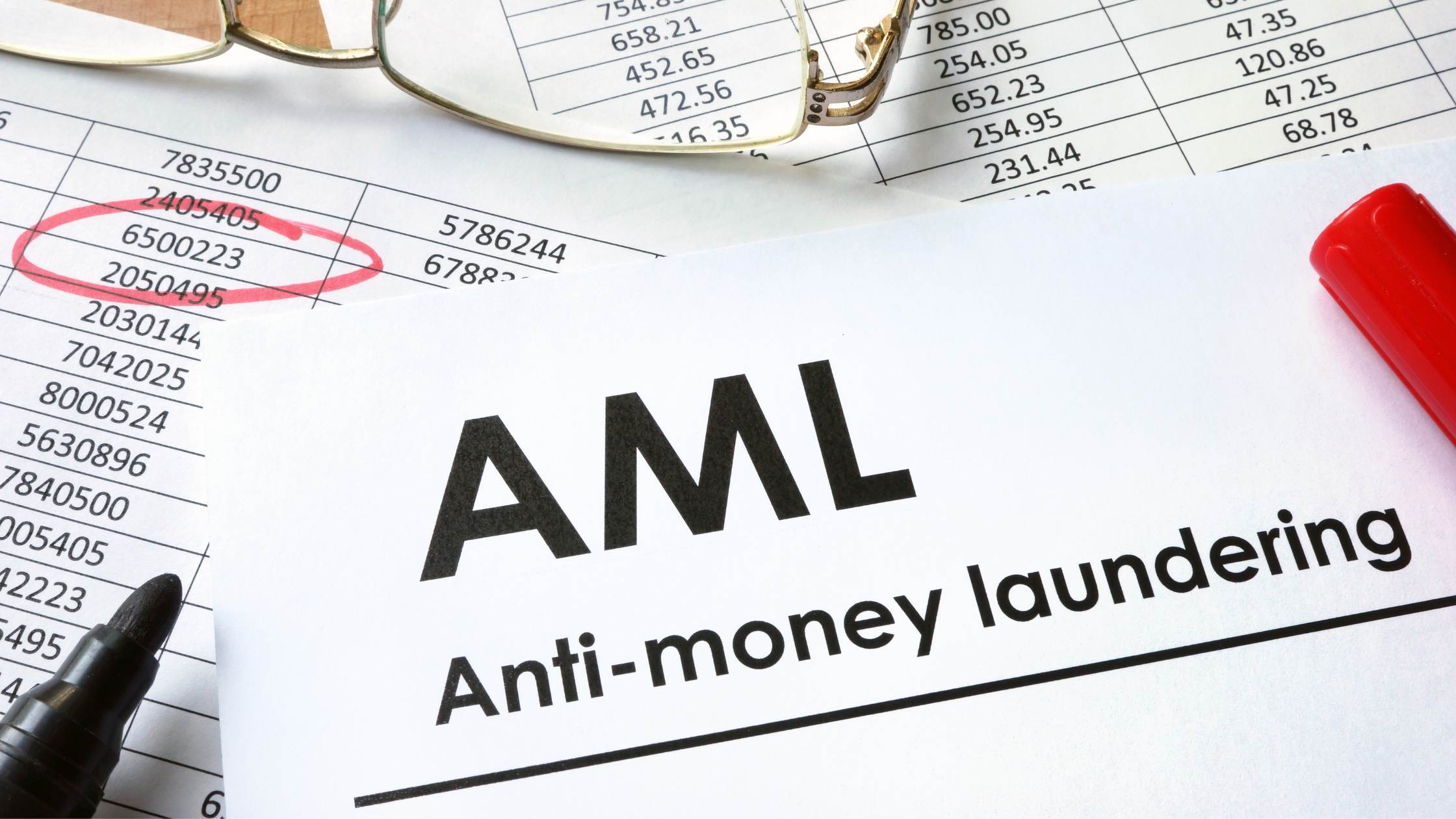



 Nguyen Anh Tuan
Nguyen Anh Tuan



